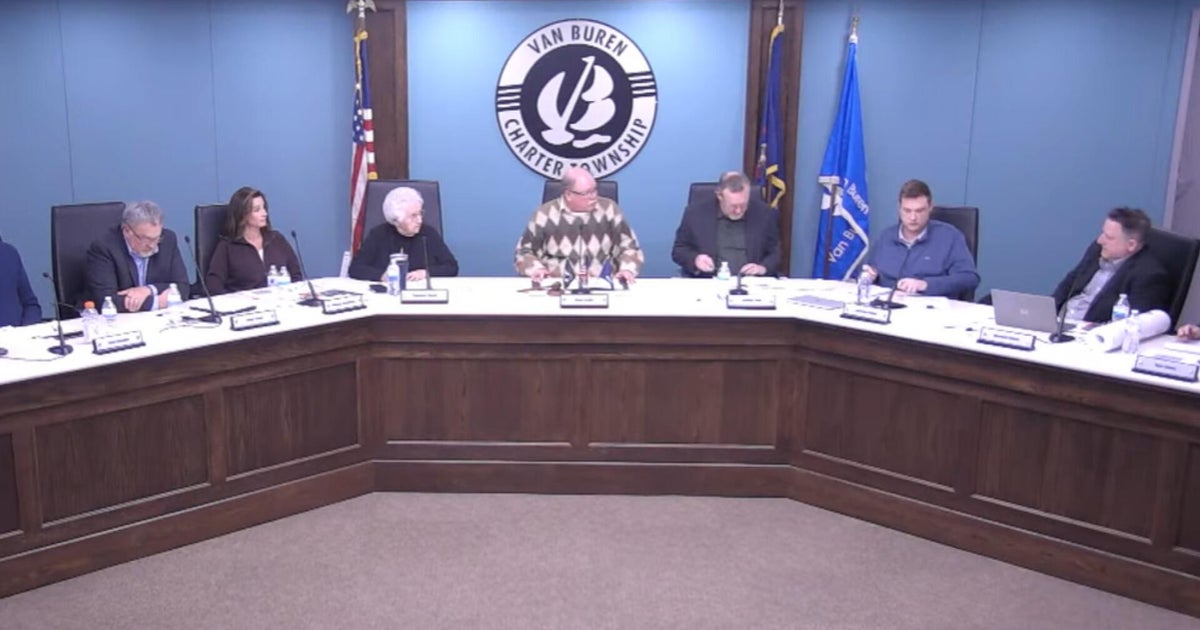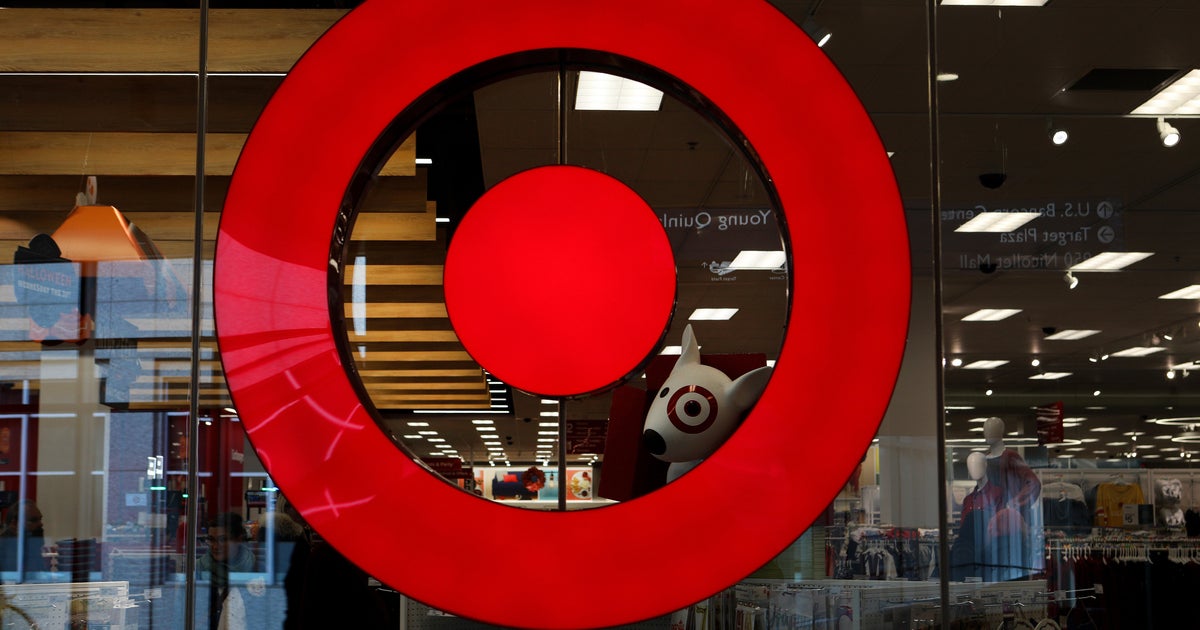Facebook reportedly plans to merge messaging in Instagram, Messenger and WhatsApp
Don't worry — your favorite apps aren't going anywhere. But Mark Zuckerberg reportedly has a plan to integrate three popular Facebook-owned messaging apps — Instagram, WhatsApp and Messenger — under a single underlying messaging platform or protocol. As CNET reports, this could allow users to communicate across each of the company's diverse chat systems more easily.
According to The New York Times, the goal is complete the project by the end of 2019 or early 2020. The effort reportedly requires thousands of Facebook employees to completely rework how the three platforms function from the ground up.
While each service would maintain its standalone app, the new unified backend would support end-to-end encryption, which allows for secure messaging — one of WhatsApp's main appeals. End-to-end encryption protects messages from being viewed by anyone outside of the conversation. With a merged platforms, an Instagram user could send a private message to a WhatsApp user, a process not currently available.
"We want to build the best messaging experiences we can; and people want messaging to be fast, simple, reliable and privacy," a Facebook spokesperson said in a statement. "We're working on making more of our messaging products end-to-end encrypted and considering ways to make it easier to reach friends and family across networks. As you would expect, there is a lot of discussion and debate as we begin the long process of figuring out all the details of how this will work."
The merger sounds practical, but the idea may raise concerns for some users who are already wary of the company's privacy and security challenges. For example, WhatsApp accounts — which only require a phone number to sign up — are relatively anonymous, but linking that account with personal Facebook or Instagram account may lead to further privacy issues. While end-to-end encryption provides security for users, Facebook has been lax about safeguarding users' privacy in the past. And by combining its users and incentivizing them to remain on the platform, Facebook can tout higher engagement to advertisers and control a higher share of the messaging market, which is still heavily dominated by Google and Apple.
There are various reasons to keep the front-facing apps separate. They currently serve vastly different markets. WhatsApp is predominantly used internationally for one-to-one or small group messaging, similar to iMessage. Additionally, Instagram's audience skews far younger than Facebook's.
From a strictly technical perspective, combining the backends of each app is a practical move. But from a security perspective, it could make users' data more vulnerable, since hackers who compromised one could use the shared backend to infiltrate the others.
Merging the three messaging platforms would be a reversal of Zuckerberg's initial stance. When Facebook acquired Instagram and WhatsApp, he promised the companies relative autonomy within Facebook. But the apps have experienced shakeups as of late. In 2017, WhatsApp cofounder Brian Acton left Facebook, later saying, "I sold my users' privacy to a larger benefit." His cofounder Jan Koum left in April 2018. Kevin Systrom and Mike Krieger, co-founders of Instagram, stepped down in Sept. 2018.
According to the New York Times, Zuckerberg now believes a unified backend will make all of Facebook's app more useful in the long term.
Additional reporting by Dan Patterson.



